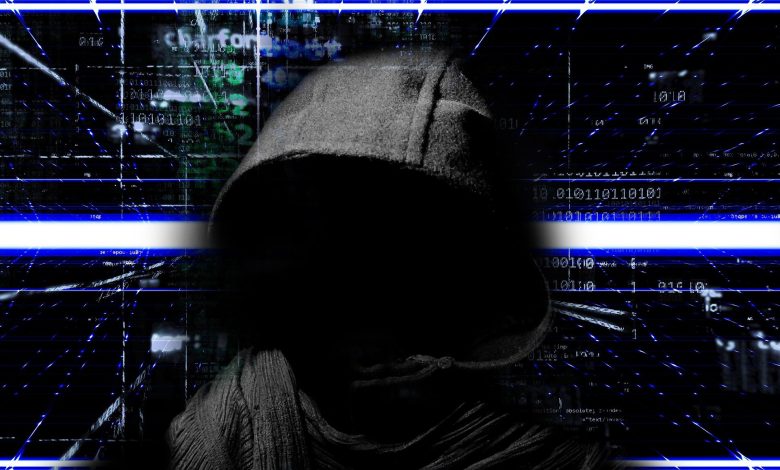
Your best security analysts are probably looking at job boards right now. Not necessarily because they’re unhappy with you, but because they’re exhausted by a system that was never built for the speed of modern threats. The question is what you can actually do about it before your best people start looking elsewhere.
The Real Challenge: Faster Threats, Same Resources
The challenge is that cybercriminals have embraced AI tools, generating phishing campaigns, malware, and other attacks more efficiently than ever. A recent Verizon report found that AI-assisted malicious emails doubled in the past two years, a significant productivity boost for threat actors.
Meanwhile, security teams are still operating with a reactive mindset, except now threats arrive faster and with greater sophistication. The industry saying, “it’s not if, but when,” has evolved into, “it’s not when, but how often.”
Here’s what the data actually shows: preventing every attack isn’t realistic, and pretending otherwise just burns out your team. The goal isn’t perfect security. It’s resilient security: catching what matters, learning from what gets through, and keeping your people engaged.
The Burnout Numbers That Should Wake You Up
Last year, Forrester mapped security professionals into four burnout segments. Tired Rockstars, Champions, Coasters and Red Zone workers. The number that should grab your attention: 59% fell into “Tired Rockstars”—highly engaged employees who are running on fumes. These are some of your best people, yet they’re plausibly just one incident away from becoming the “Red Zone”: so disengaged they leave not just your company, but the industry entirely.
Think about this: your most skilled security professionals—the ones who understand your environment best—are likely on their way out the door because they’re so committed to protecting the organisation.
Three Practical Solutions That Make a Difference
- Deploy AI strategically to reduce alert fatigue.
Use AI to handle what machines do best—pattern recognition across millions of data points—so your analysts can do what humans do best: ask the right questions, connect unusual dots, and make judgment calls that require context.
You want technology that enhances your team’s capabilities, not replaces their expert judgment on critical decisions. Your team’s expertise becomes more powerful when they’re not drowning in false positives.
- Recognise the unique challenges security teams face.
When security works well, nothing dramatic happens. When it fails, everyone notices immediately. Security professionals exist in this challenging space, often delivering difficult news and managing high-pressure situations daily.
Meaningful recognition goes beyond generic appreciation. It includes understanding that investigating alerts at 2 AM has real value, even when they turn out to be false alarms. It means providing competitive compensation, realistic time off policies, and clear career development paths.
- Invest in security infrastructure appropriately.
Many organisations still view security as a cost centre rather than a business enabler. This creates challenging situations where security leaders must advocate for basic resources while maintaining comprehensive protection.
Security teams develop highly specialised knowledge that’s difficult to replace quickly, which can make taking genuine time off feel difficult. If maintaining 24/7 in-house operations isn’t sustainable, bring in a partner who can carry the overnight and weekend load. This approach allows your internal team to focus on strategic initiatives while ensuring consistent monitoring. Plus, your analysts get to do the work they signed up for, not just the work that keeps the lights on.
Moving Forward
Start small. Pick one area where your team is drowning in busywork—alert triage, log correlation, compliance reporting—and ask: could this be automated or outsourced? Then take the time you’ve freed up and invest it in the work only your team can do. That’s how you break the burnout cycle.
Supporting your security team’s well-being benefits both your people and your business. A well-supported team is more effective, more innovative, and more likely to stay with your organisation when their expertise matters most.
The next incident is coming. That’s not cynicism, it’s reality. The question is whether your team will still be around to handle it, or whether they’ll have burned out six months earlier while you were waiting for the ‘perfect’ security strategy.



